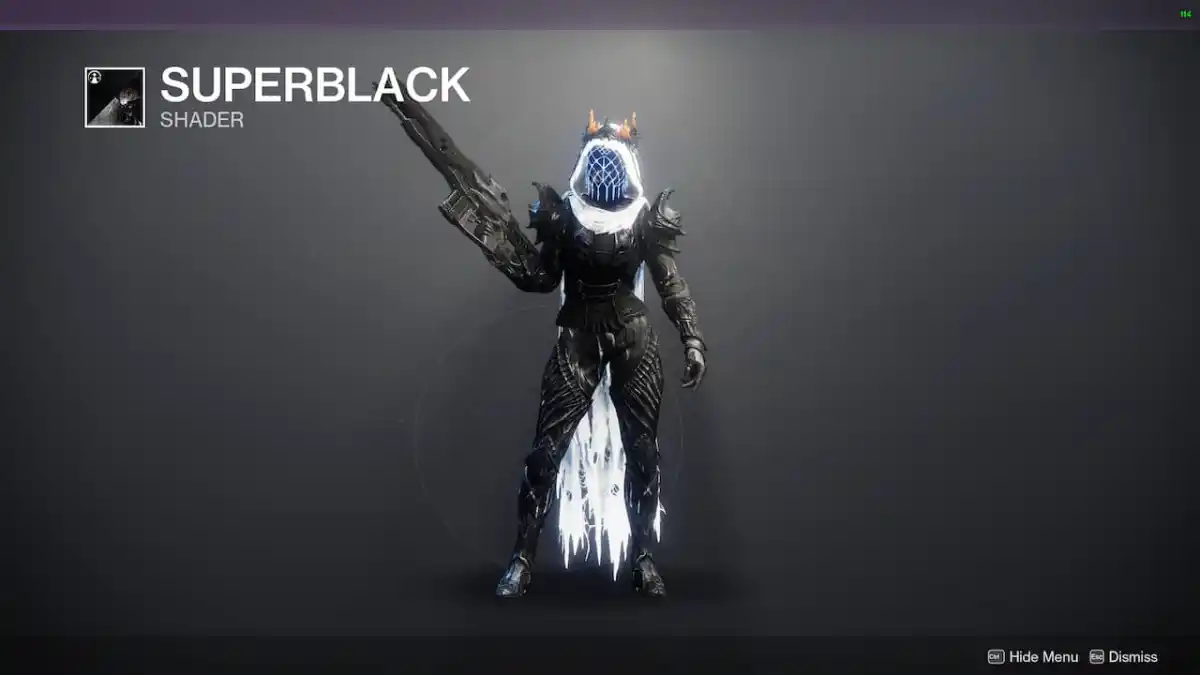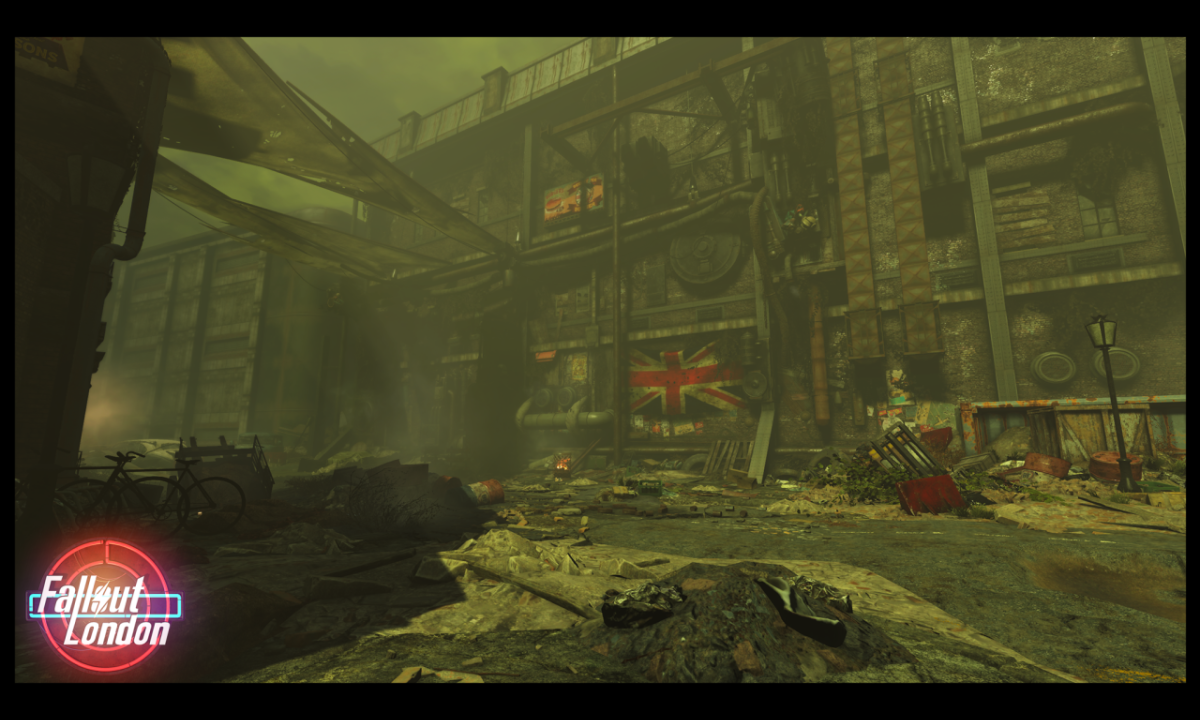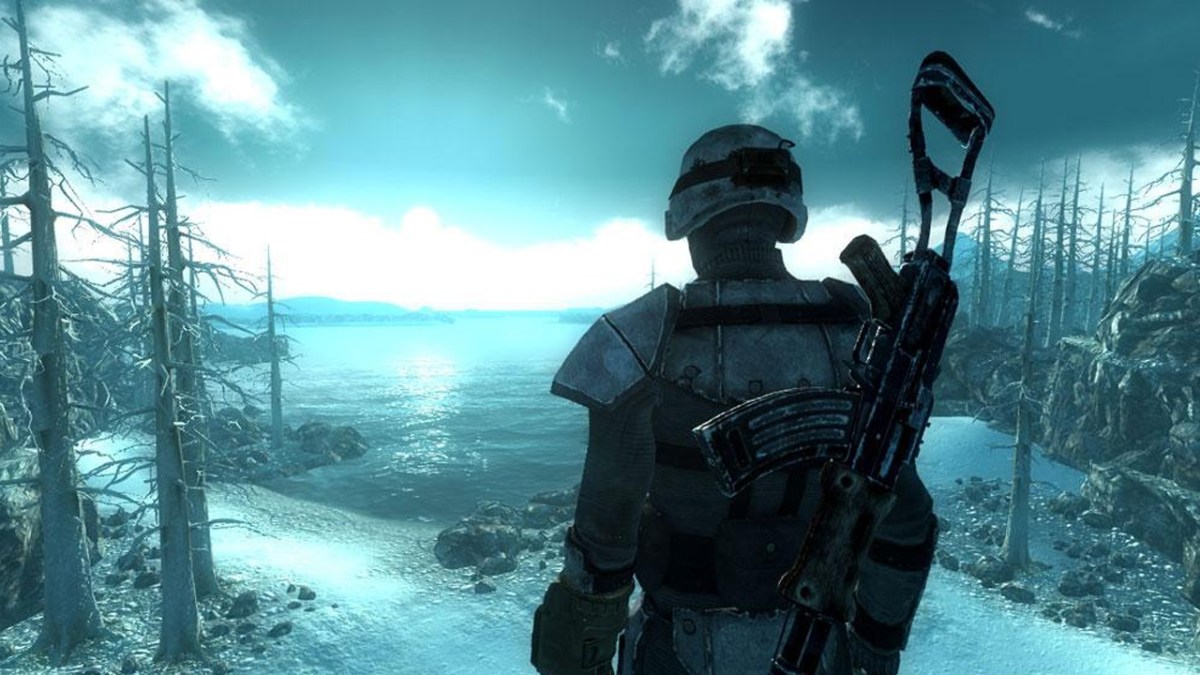Street Fighter V has faced a bevy of criticism after its launch. While many have praised its core gameplay, the criticism has been focused on the unfinished feeling of the game, which, until recently added more content via updates, had only a small roster of characters and barely any single-player content.
Developer Capcom promised to provide additional characters as well as a “cinematic story expansion” down the line. Indeed, they’ve advertised Street Fighter V as an “evolving service”. Meaning, in contrast to Street Fighter IV, there won’t be a requirement to purchase some updated version in the future. Everything will come for free in frequent patch updates.
While the idea sounds good, the Street Fighter V launch demonstrates both the good and the bad of the notion of video games as a service. On the one hand, constantly updated content is great. On the other, it could mean that developers will simply release unfinished games with the missing content to be patched in eventually. Certainly, the idea of software as a service (SaaS) is nothing new. But is it the right model for video games?
The Death of the Expansion Pack
The modern world of video games is connected. Every platform natively connects to the internet, allowing for patches and updates in real time. For console users, this generation of hardware is perhaps the first generation in which constant home internet connectivity is expected by the manufacturers, rather than merely being optional. PC users have long been familiar with this, but online support for video games has traditionally been in the form of bug patches or discrete pieces of downloadable content (DLC).
Updates were generally performed through large patches, or in some cases, entirely new products. Consider, for example, StarCraft II: Legacy of the Void or Super Street Fighter IV. Both games are effectively major updates to existing games, but are sold as distinct software products. New games, however, are dispensing with that ideology, as Street Fighter V represents.
The expansion pack may soon be dead, if it isn’t already. As PC gamers, we’re familiar with service-based games. MMORPGs, for example, often receive small updates that include things like bug fixes and system changes. They can also bring new content. In some cases, these are separately sold in the form of expansions, such as in World of Warcraft, but it need not be that way.
For example, the recent MMORPG Black Desert is releasing entire new regions through patch updates, and the developers have promised not to require payment for any content updates. MOBAs, too, receive constant new content in the form of new heroes and map changes.
But as the use of “Season Passes” in various game series increases, even in single-player games like Rise of the Tomb Raider, it’s becoming clear that video games may ultimately become service-focused. While those Season Passes typically entitle buyers to discrete pieces of DLC, it’s not too far a leap to get to the point where new content is seamlessly integrated into the existing experience.
Naturally, single player games would still have to release content in some kind of modular format. It would be disconcerting to walk into a boss room and find a sign saying “boss coming in April.” But adding new chapters after the end would be fairly straight-forward, as is adding new equipment, abilities, and characters.

Keep raiding tombs for the low-low price of $29.99!
Subscriptions for All!
And if new content is regularly released, will we see the end of the buy-to-play model entirely, or will all games require a credit card and a subscription, or at very least the pre-purchase of season passes?
It makes sense from the perspective of the developer. Development costs are rising, and video game prices have increased at a rate significantly below inflation over the past twenty years. If a company can obtain additional revenue from DLC or subscription content, then it makes sense to try to capture that market. If they can obtain that revenue before the content is even made, then it’s even better.
There are also arguments that it can be good for gamers. Subscriptions and other ongoing payment models incentivize developers to support their game and to make new, and high-quality content. If they don’t, people will stop playing them, and of course–stop paying. For gamers, this can extend the life of a favorite game and increase the value of a purchase. It may also allow for a stronger community to form around a game. After all, people would rather join a community that looks like it may stick around for a few years rather than one that will disperse as soon as the next major release drops.
At the same time, as I’ve touched on, there are a number of potential pitfalls, many of which will be familiar to those that have followed the DLC debates. Developers are already often accused of removing finished content from their games prior to release in order to sell it back to players separately as DLC. Capcom’s own recent foray into the software-as-service model has certainly been met with a lukewarm response.

Is this what continuous updates are supposed to feel like?
Despite recent updates, Street Fighter V still has a long way to go before it will be appealing to a more casual crowd. One such case is the full single-player story mode that won’t launch until June, four months after the game’s launch.
The real danger of games as a service is that the game at launch may be worse than it would have been if it was treated as a discrete product. Certainly, developers may be tempted to release games early in order to capitalize on early purchases. But it’s a double-edged sword. On the one hand, if a product can be released earlier and then iteratively developed, it will save on development costs, and income will be seen sooner. More ambitious projects can therefore also be undertaken, since the developer won’t have to rely entirely on initial funding before releasing a product.
On the other hand, consumers are likely to realize that certain games are largely unfinished and will delay their purchases until the product reaches a suitable level of completion. For a developer, this might have the unintended effect of pushing the bulk of a game’s revenue until well after launch.
The Endless Beta
As PC gamers, we’ve become used to the idea of playing alpha and beta versions of video games. Steam Greenlight allows players to try out unfinished projects, and players go to great lengths to get beta access to forthcoming games. The terms alpha and beta have now effectively lost all meaning. Where one company will see an alpha version as a very early playable form of a game with lots of missing assets, another will see it as a near-complete version merely subject to balance changes. Blizzard’s alphas and betas are famous for already being polished experiences. And some games stretch beta phases beyond any reasonable interpretation of the term. Dota 2, for example, passed from open beta to full release almost imperceptibly after two years of widespread adoption.
So if games become a service, will we simply be forever playing a beta? It certainly looks like we’re moving in that direction. No game will ever launch “complete”, because there is no “complete.” There can always be more, and better. And it applies as much to single player games as to multiplayer. If television has taught us anything, it’s that a plot-line can be stretched endlessly. Why make a new Tomb Raider game if you can charge people for new content based on the old one?

Following its acclaimed series, Telltale has now kicked off a new series starring the sword handling favorite, Michonne.
A number of companies, like Walking Dead makers Telltale Games, already release episodic content. The future of video gaming may look a lot like that. In a few years, it may well be standard across the board to pay less up-front for a smaller initial product, and then pay incrementally as that package grows. It’ll take some expectation adjustment. Gamers will have to understand that they’re not getting a full product at launch. Many will delay their purchases until the product has proved itself worthwhile, but the revenue from early adopters may help ultimately deliver a better product.
The early adopters may also be a form of word-of-mouth advertising once a more complete product is ready. And while gaming companies may be able to cut down on their initial development costs, they’ll still have to be sure to release an initial product that at least shows significant promise. Street Fighter V would be dead in the water right now if its underlying gameplay mechanics were still a work in progress. Fortunately, they’re excellent. But that won’t always hold true for every game, and developers should take note that the gaming community won’t tolerate completely broken release products.
Rent to Play
The software as a service model has been around for some time, with big software companies like Microsoft, Adobe and Autodesk offering many of their flagship products on subscription models. It shouldn’t be surprising that the same may be coming to video games soon. It’s long been true that when you buy a video game, you’re buying a license to use the software, not to own it. It’s therefore not too far to go for video games to be on a rental model, with additional content being added to keep players playing.
There are upsides and downsides to doing so, and sometimes it’s nice just to have a complete a final game that you can let sit in your library and go back to at any time. But it’s also nice to be part of a growing community around a game that never dies. As long as it’s done well, the future can be friendly. But there will no doubt be unscrupulous companies that take advantage of it as well. Like any change in technology or society, the lesson is just one of caution.






